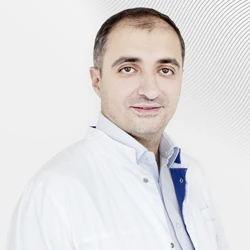Snoring surgery
Snoring and sleep apnea
Snoring is a hoarse or harsh sound that usually occurs during sleep. It occurs when a stream of air passes through the relaxed soft tissues of the larynx and pharynx, causing them to vibrate.
Ronchopathy (snoring) is often, but not always, accompanied by obstructive sleep apnea syndrome. This is the name of respiratory arrest during sleep, which leads to a decrease or complete cessation of pulmonary ventilation and, consequently, a drop in oxygen levels in the blood. In severe cases, episodes of sleep apnea can occur up to five times in an hour, and lack of breathing can account for up to half the time of a night's sleep.
Sometimes a person suffering from sleep apnea wakes up feeling short of air and suffocation. But more often, breathing is restored without a final awakening. At the same time, a person may not know that he is suffering from sleep apnea. Sometimes his relatives can tell him about disturbing breaks in breathing. In other cases, he may notice only indirect symptoms of pathology.
These include:
-
constant daytime sleepiness with sufficient duration of night sleep;
-
difficulties with concentration of attention;
-
morning headaches;
-
sore throat after waking up;
-
restless sleep;
-
high blood pressure;
-
chest pain at night;
-
discomfort and sore throat;
-
frequent night urination.
With such symptoms, it is recommended to be examined by an otorhinolaryngologist. It is also recommended to consult a doctor if loved ones complain of the patient's chronic and loud snoring, which may be the only symptom of sleep apnea.
Causes and diagnosis
When a person moves from light sleep to deep sleep, the muscles of his body relax, which affects the soft tissues, nasopharynx and oropharynx, including the soft palate (palatal curtain). Under air pressure, the soft tissues partially block the airway lumen and begin to vibrate. The larger the gap, the stronger the airflow, the stronger the vibration, and the louder the snoring.
Snoring can occur for various reasons related to the patient's anatomical features or lifestyle.
The most common causes of ronchopathy are:
- Congenital or acquired soft tissue features, for example, enlarged and low-hanging soft palate, large tongue, long tongue, excess fat deposits in the chest and neck areas.
- Alcohol consumption. It promotes greater relaxation of the laryngeal muscles, so even people who don't tend to snore after drinking alcohol.
- Anomalies of the nasal cavity. The appearance of snoring can provoke chronic swelling and inflammation of the nasal mucosa and its congestion, curvature of the nasal septum.
- The structure of the jaws. The provoking factors for snoring are malocclusion, small and backward lower jaw.
- Preferred sleeping position. Snoring is more common in people who sleep on their backs, because in this position, the soft tissues are more strongly displaced by gravity to the back of the pharynx.
The gold standard in the diagnosis of the causes of snoring and sleep disorders is polysomnography. This study is conducted in the room where the patient needs to spend the night. During a night's sleep, special sensors record basic physiological parameters (brain activity, heartbeat, respiration, blood oxygen levels, motor activity, etc.), and audio and video recordings are also conducted.
Other procedures can be performed to diagnose the causes of snoring:
-
endoscopic examination of ENT organs;
-
endoscopy of ENT organs during sleep (sleep endoscopy);
-
MSCT of the paranasal sinuses.

Treatment methods
In some cases, conservative therapy is sufficient to eliminate snoring. The patient may be prescribed to lose weight and stop drinking alcohol. If chronic inflammatory diseases of the nasopharynx are detected, drug therapy is prescribed.
If it is impossible to achieve a result using conservative therapy, surgery is performed. Surgical intervention is indicated for uncomplicated snoring and mild to moderate obstructive sleep apnea. When snoring with severe OSA, surgery is contraindicated.
First of all, when complaining of snoring, operations for correction of anatomical anomalies of the nasopharynx and larynx are considered. For example, an intervention may be recommended to correct the curved nasal septum, nasal sinuses, nasal concha, removal of neoplasms, etc. According to orthodontic indications, maxillo-mandibular extension of the jaws can be performed.
High-energy techniques, laser or radio wave exposure, can be used to correct the soft palate. This helps eliminate excess soft tissue. Manipulations aimed at increasing the tone of the soft palate are also performed: tunneling, implant placement, etc.
Popular surgical operations for snoring include:
- Uvulopalatoplasty - removal of the uvula and part of the soft palate. It is indicated for snoring and mild OSA without complications and hypertrophy of the palatine tonsils.
- Uvulopharyngopalatoplasty is a broader operation involving the removal of overgrown tonsils, the edge of the soft palate, part of the uvula, palatine arches, hypertrophied hanging pharyngeal tissues, and soft palate plastic surgery.
Together with dentists and maxillofacial surgeons, techniques of hypopharyngeal tongue root surgery are used, operations aimed at stimulating the hyoid nerve, which, in turn, will prevent the tongue root from collapsing in case of blood oxygenation.
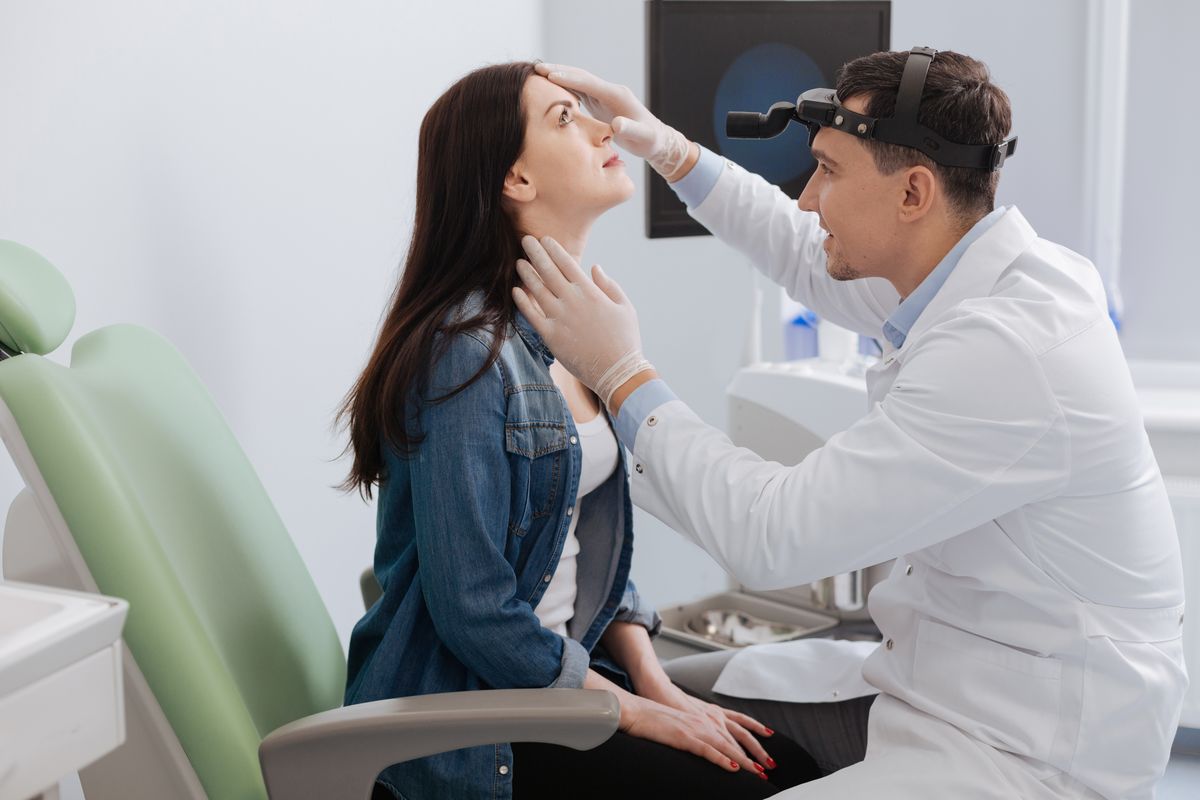
Frequently Asked Questions
How long does the operation take to get rid of snoring?
The duration depends on its type. High-energy interventions (laser, radio wave therapy), as a rule, do not last long, starting from 30 minutes. The operation, depending on the type, may take longer. For example, the duration of uvulopalatoplasty with bilateral tonsillectomy reaches 60 minutes.
What happens if you don't treat snoring?
By itself, snoring does not threaten the patient's health and life. In most cases, it affects only the patient's loved ones, who may have trouble sleeping. But if snoring is accompanied by sleep apnea, the risk of cardiovascular diseases, high blood pressure, heart attacks and strokes increases. Daytime sleepiness reduces memory, concentration, and information processing speed, which increases the likelihood of accidents and accidents.
Which doctor will help you get rid of snoring?
First of all, if you have complaints about snoring, you should contact an otorhinolaryngologist. According to the results of the examination, a neurologist-somnologist, an endocrinologist and an orthodontist dentist can also participate in the diagnosis and treatment.
A special diagnostic program for the causes of ronchopathy and sleep disorders is available at the EMC clinic, which provides consultations with specialized specialists. Recommendations on the treatment of each patient are developed at interdisciplinary consultations, which involve the best specialists in Moscow. Our doctors successfully use conservative therapy and perform operations of any complexity.
Make an appointment for a consultation by phone +7 495 933-66-55.
Why the EMC
The first and only clinic in Russia, created in the image of the world's leading clinics
EMC is a multidisciplinary center offering patients a high level of medical services and a personalized approach
Worldwide recognition and awards
 Learn more
Learn more
Worldwide recognition and awards
 Certificates and licenses
Certificates and licenses
Make an appointment for a consultation
Specify your contacts and we will contact you to clarify the details
Reviews
and new products of the EMC
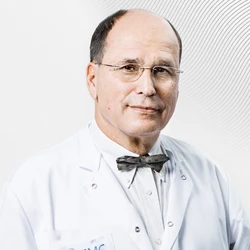
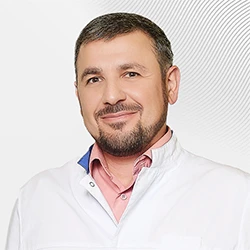
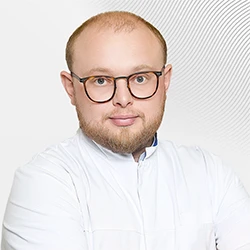
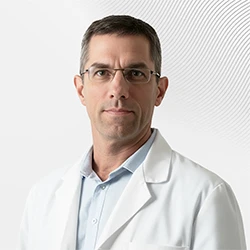
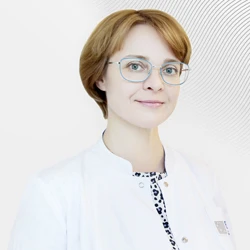

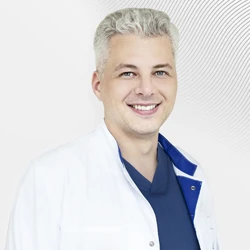

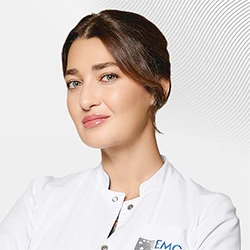
.webp)


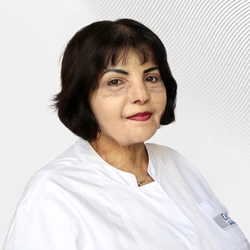
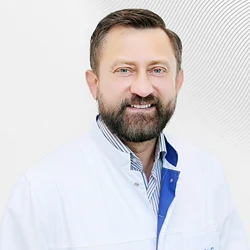
.webp)
